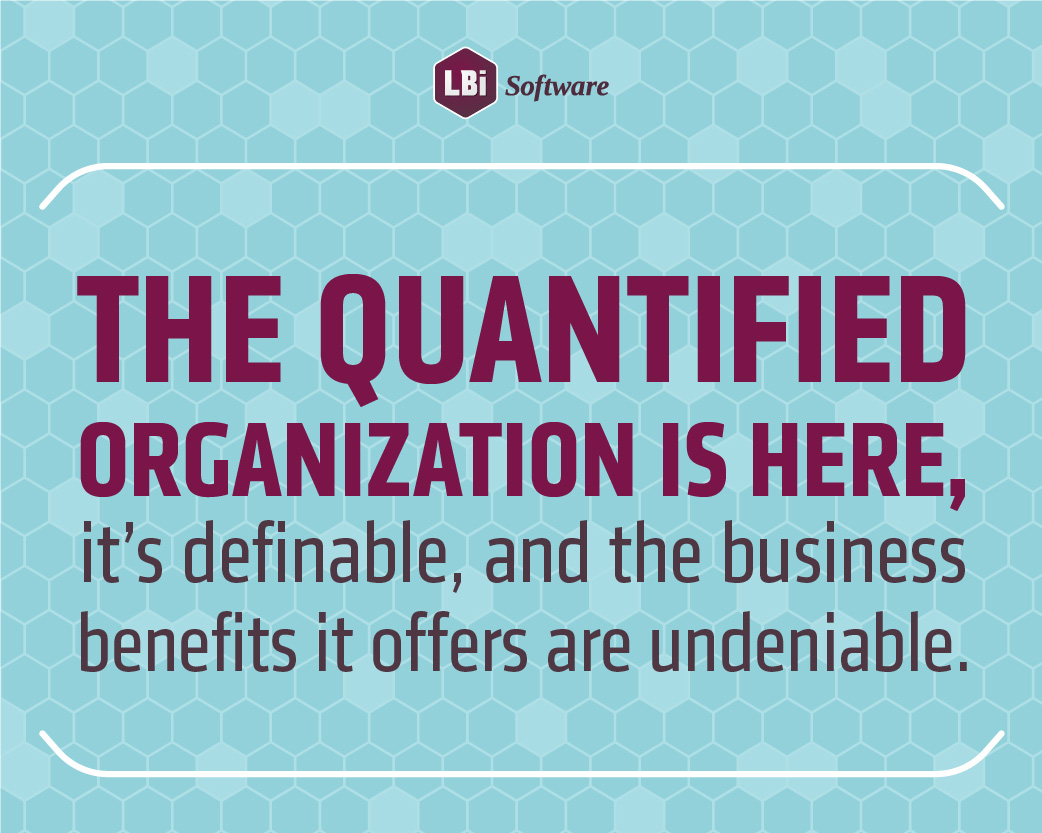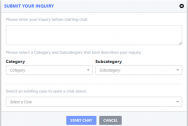Without a Goal and a Plan, Big Data and Powerful Technology Will Only Move HR So Far
What does the datafication of HR mean to you? What about for your organization? How do you think the role of HR technology has changed to meet the demands of the quantified organization? Which trends in HR technology do you think will have the next most immediate impact on HR practitioners, their organizations, and their employees?
How the datafication of HR fits into the quantified organization is the focus of a new paper from LBi Software in which several observers of the HCM space weigh in on this timely topic. In a nutshell, here are my thoughts on the subject, drawn from the paper’s conclusion:
- The first important thing for HR to have when it comes to using big data is a goal. Yet having a goal for big data — having a project, a hypothesis, a strategic business pain you want to understand more clearly — is probably the most overlooked element when an organization of any size sets out to develop its people data through new technology.
- The second important thing HR needs if it wants to fully leverage big data is the necessary tools to analyze the data from throughout the organization — not just from HR’s people data.
Without those two linchpins, the power of HR technology and its trends for the future will fall short of expectations.
LBi sought insight into what HR leaders ought to be thinking about when it comes to using more-powerful tools for gathering and analyzing data; how HR technology has evolved as part of the growing demand for people data to help drive business decisions; and what HR technology trends will have the most immediate impact in the datafied organization.
We reached out to five engaging and diverse industry thought leaders:
- Stacey Harris, Sierra-Cedar
- Steve Boese, HR Technology® Conference & Expo
- Robin Schooling, RobinSchooling.com
- Paul Hebert, Symbolist
- Lance Haun, The Starr Conspiracy
Stacey Harris says that for HR to play its best role in today’s quantified organization, it needs to review internal and external metrics. But she advises that HR is historically prone to searching outside the organization for data before it examines what’s happening inside. Harris urges HR leaders to ask whether this data really applies to their organization.
Steve Boese says that the way HR technology is evolving, HR will soon be quantifying how people spend their time in a much more specific and detailed way than ever before — not only while they’re online at work or using the company’s software, but tracking their personal time, too.
Robin Schooling argues that the next step for HR technology will be software that offers better and more robust predictive modeling to enable HR to get ahead of the game on employee retention. It’s an improvement that she says is coming none too soon.
Something of a contrarian, Paul Hebert makes the case that sometimes HR uses data the same way a drunk uses a lamppost: for support, not illumination. He says HR technology needs to help HR better understand why the data says what it says, not just set HR up to react to the data.
Lance Haun believes you could make a compelling argument that HR data has the potential to have an impact throughout the entire organization. Learning and development, Haun hopes, is an area in which HR datafication will have the most immediate impact. Because, he asserts, most organizations simply don’t know their own people.
Regardless of which trends you think will come to fruition, it’s clear that the role of HR technology has obviously changed to meet the demands of the quantified organization and will continue evolving to help HR be better able to correlate data across systems to really see how trends develop and the changes their organizations can make in response.





